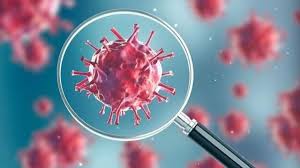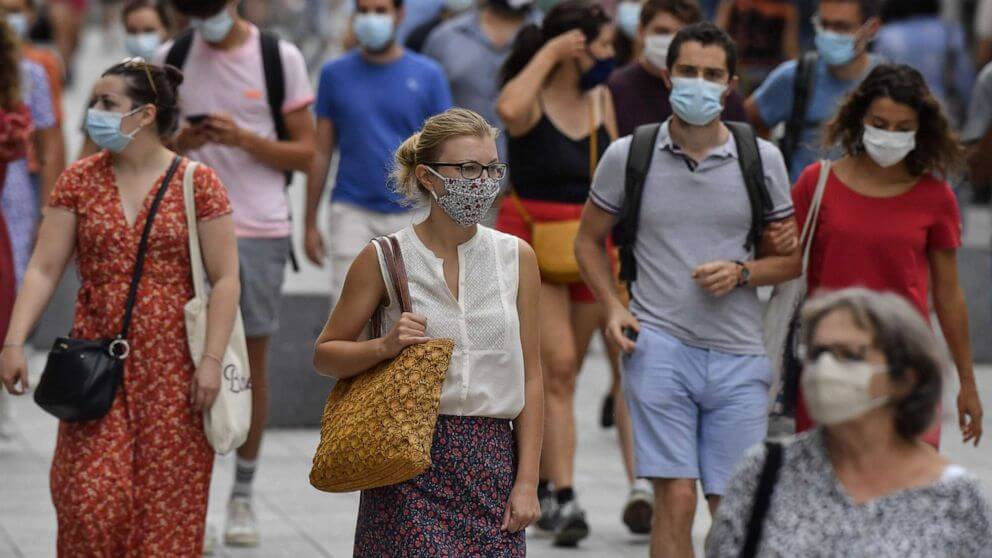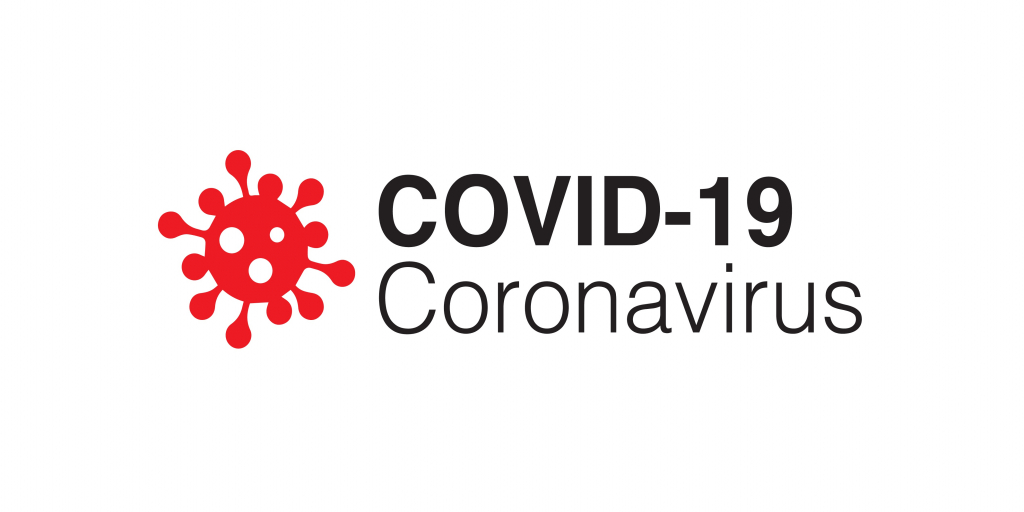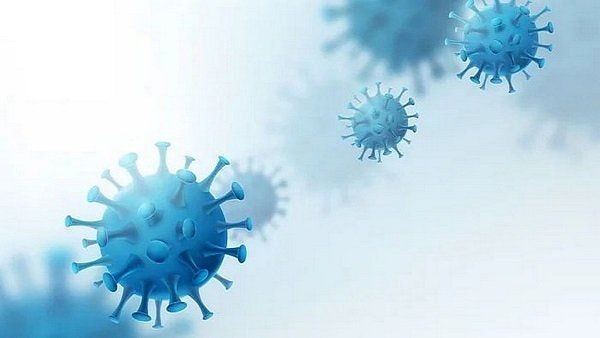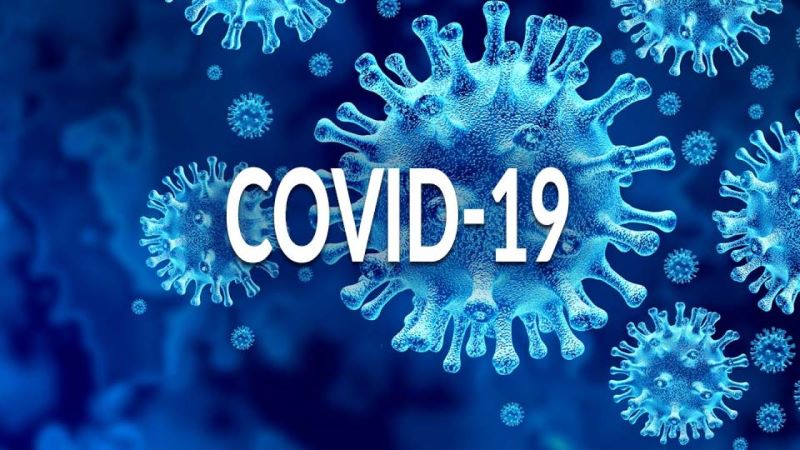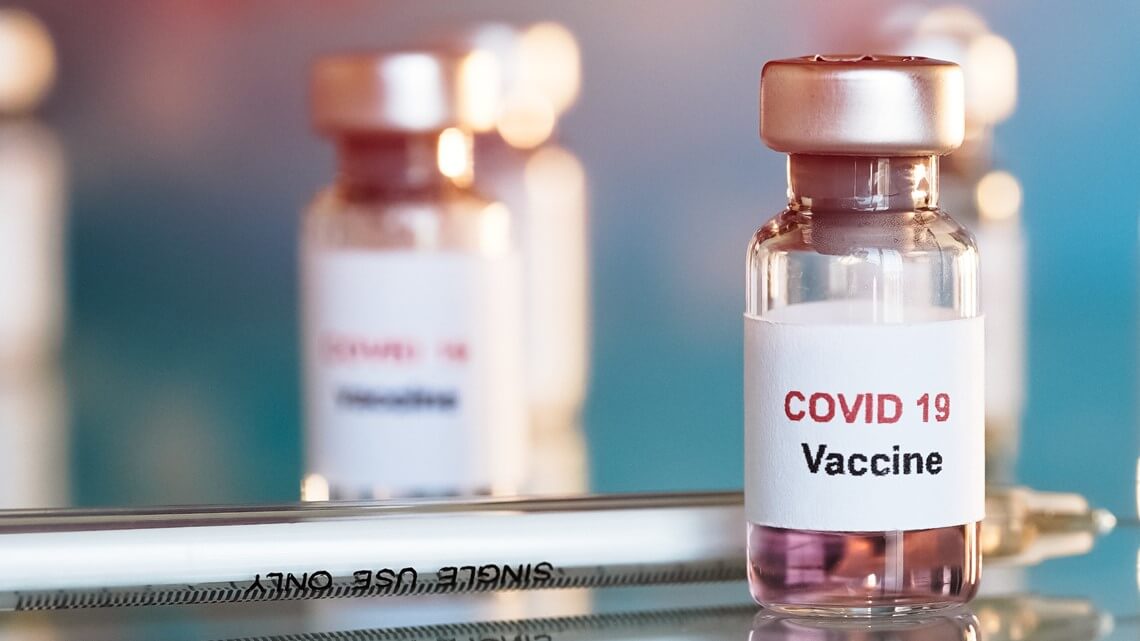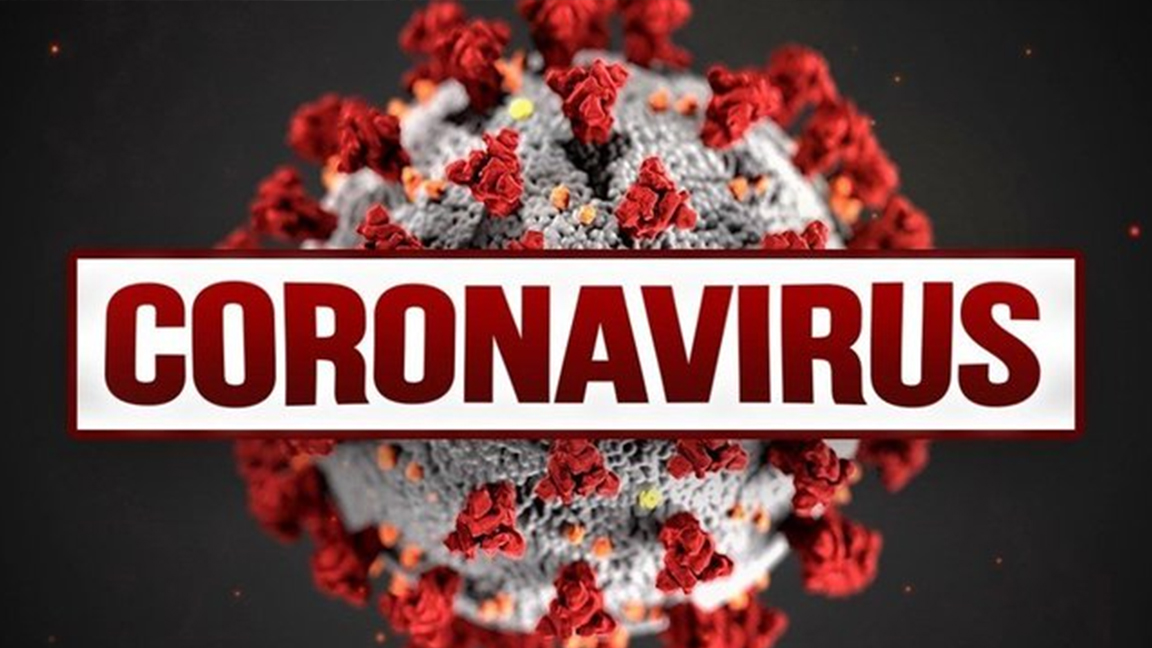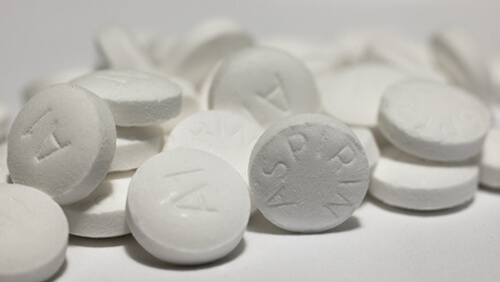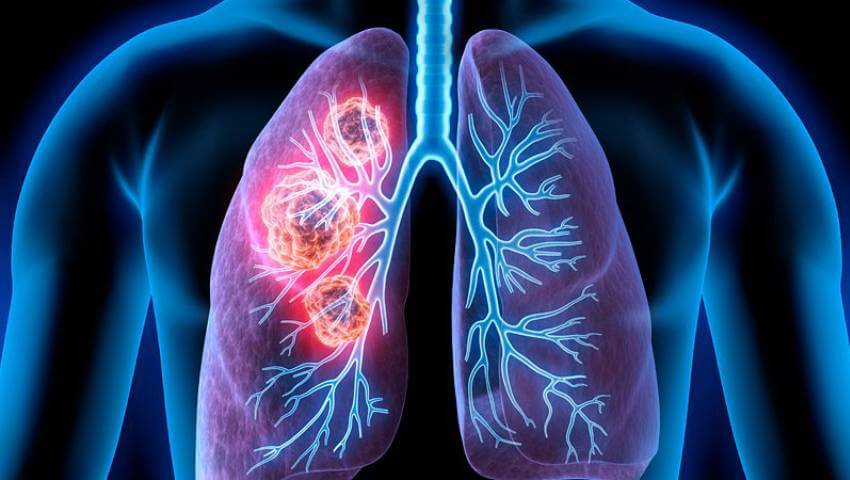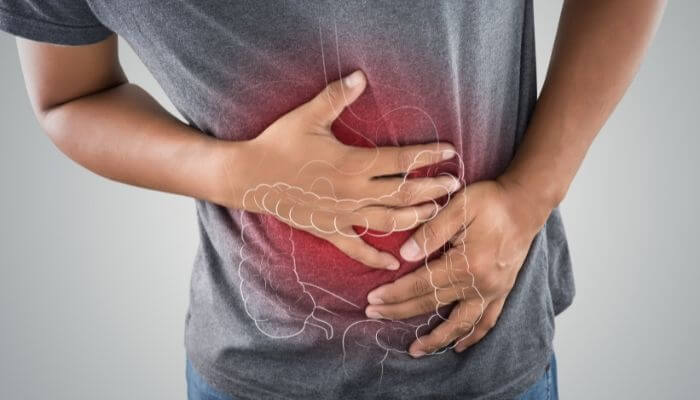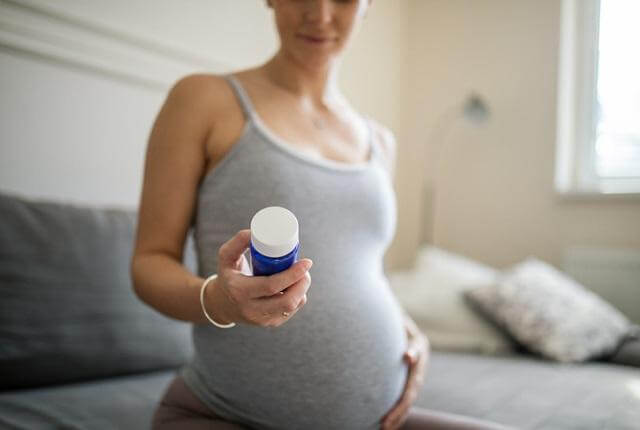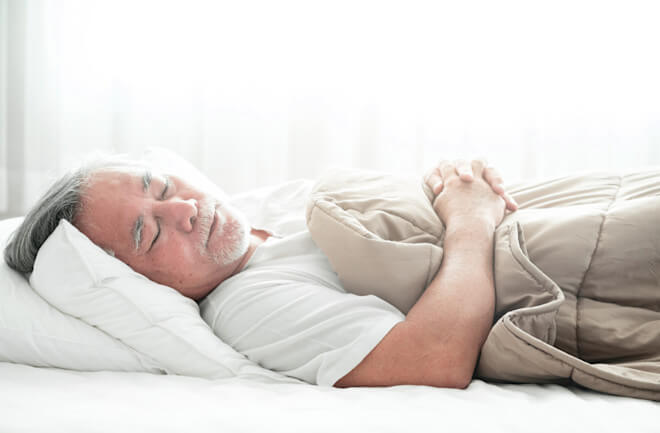Dexamethasone drug should be used only in severe coronavirus cases: WHO
Fri 19 Jun 2020, 00:49:46
.jpg)
A cheap steroid that can help save the lives of patients with severe Covid-19 should be reserved for serious cases in which it has been shown to provide benefits, the World Health Organisation said on Wednesday.
WHO chief Tedros Adhanom Ghebreyesus said research was at last providing "green shoots of hope" in treating the virus, which has killed more than 400,000 people worldwide and infected more than 8 million.
Trial results announced on Tuesday by researchers in Britain showed dexamethasone, a generic drug used since the 1960s to reduce inflammation in diseases such as arthritis, cut death rates by around a third among the most severely ill coronavirus patients admitted to hospital.
That makes it the first drug proved to save lives in fighting the disease. Countries are rushing to ensure that they have enough of it on hand, although medical officials say there is no shortage.
Some doctors were cautious, citing possible side-effects and asking to see more data.
A patient in Denmark received dexamethasone on Wednesday, local news agency Ritzau reported. The doctor who prescribed the drug
said the medical profession was well acquainted with its side-effects.
said the medical profession was well acquainted with its side-effects.
The head of the WHO's emergencies programme, Mike Ryan, said the drug should only be used in those serious cases where it has been shown to help.
"It is exceptionally important in this case, that the drug is reserved for use in severely ill and critical patients who can benefit from this drug clearly," he told a briefing.
Britain has increased the amount of dexamethasone it has in stock and on order to 240,000 doses, Health Minister Matt Hancock said.
Methylprednisolone, a steroid similar to but less potent than dexamethasone, has been used in Sweden since March, a Stockholm-based doctor told media.
The steroid was introduced to standard practice after it proved effective on a coronavirus patient who wasn't showing signs of recovery with other treatments, Lars Falk, of the New Karolinska Hospital, told Sweden's Dagens Nyheter.
The dexamethasone study's results are preliminary, but the researchers behind the trial said it suggests the drug should become standard care in severely stricken patients.
No Comments For This Post, Be first to write a Comment.
Most viewed from Coronavirus Updates
Most viewed from Health
AIMIM News
Delhi Assembly polls: Owaisi leads Padyatra in Okhla
Feb 01, 2025
We reject this Waqf Amendment Bill: Asaduddin Owaisi
Jan 30, 2025
Latest Urdu News
Most Viewed
May 26, 2020
Do you think Canada-India relations will improve under New PM Mark Carney?
Latest Videos View All
Like Us
Home
About Us
Advertise With Us
All Polls
Epaper Archives
Privacy Policy
Contact Us
Download Etemaad App
© 2025 Etemaad Daily News, All Rights Reserved.

